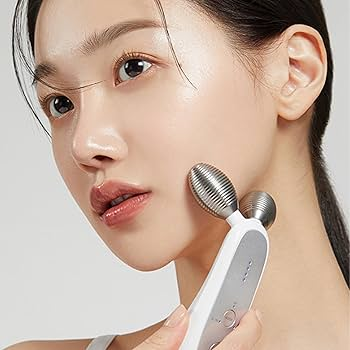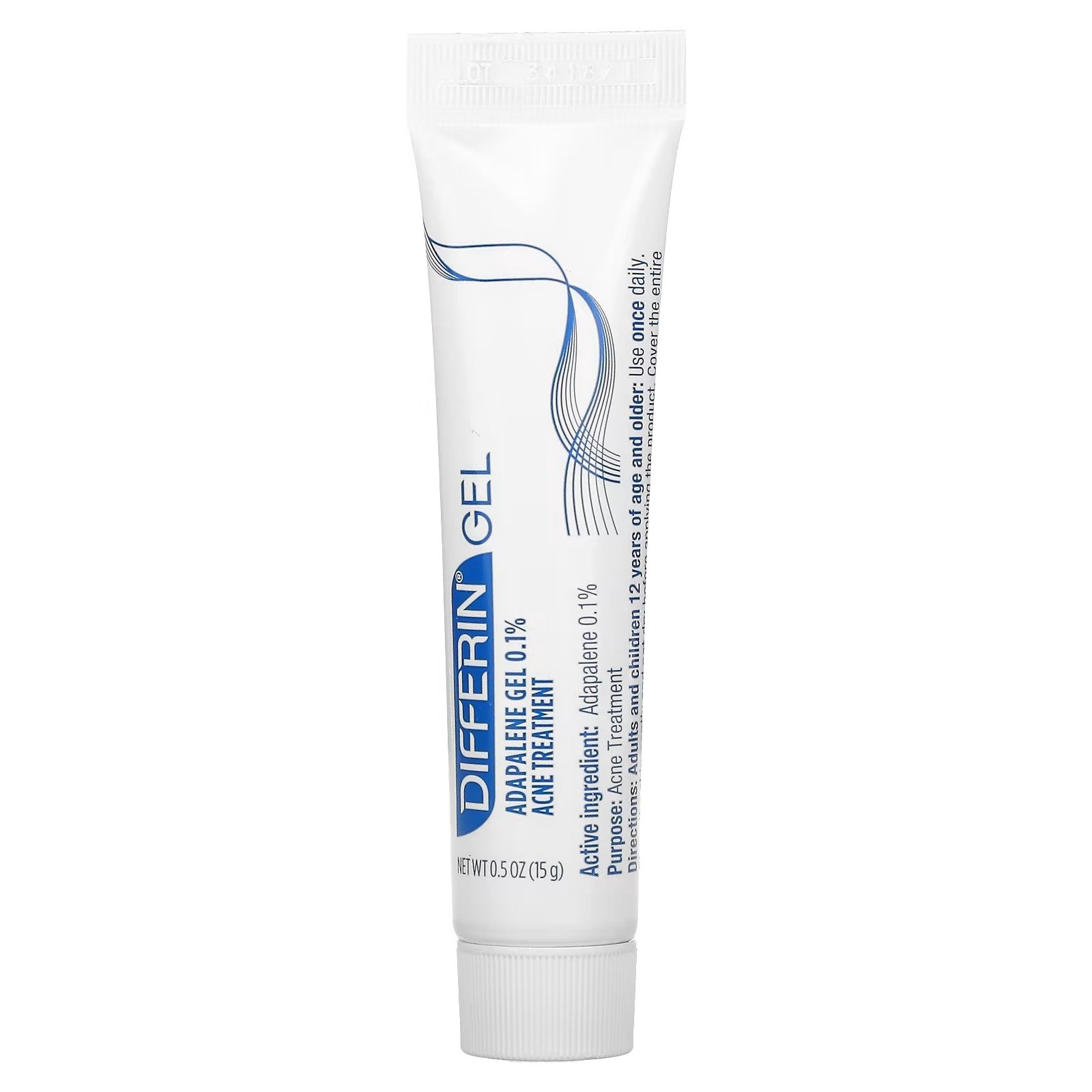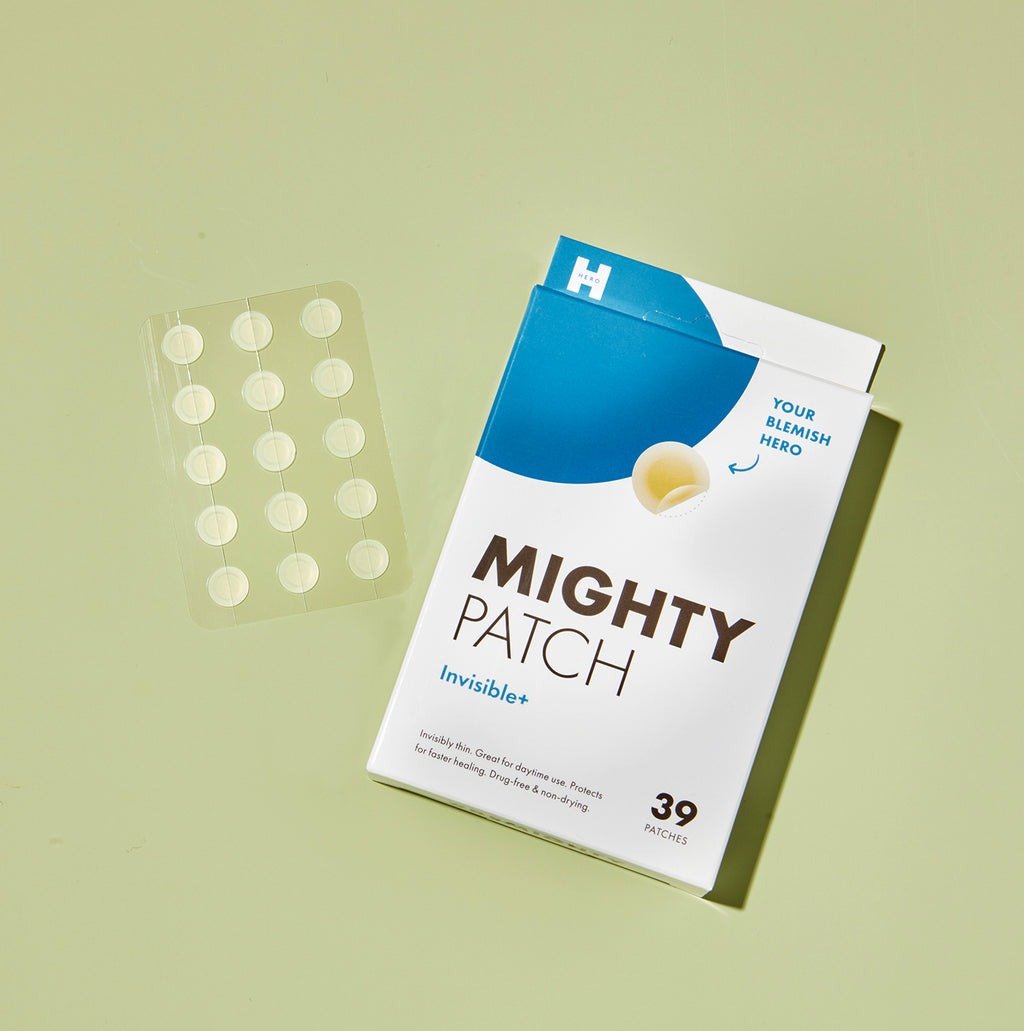Decoding Skincare: Expert Answers to Burning Questions
IN THIS ARTICLE
Welcome to my inaugural skincare Q&A session! Recently, I reached out to my TikTok followers and gathered their burning skincare queries. I'm Caolan, your friendly neighborhood skincare expert, ready to unravel the mysteries of skincare and guide you towards products that suit your skin type. Let's dive into the questions.
What sunscreen won’t irritate my skin barrier?
Let's address the sunscreen struggle. It's disheartening to hear that despite trying many different sunscreens—both mineral and chemical—some of you are still experiencing discomfort. That's quite the journey, and it's crucial to explore why these products aren't working for you.
One factor to consider is the health of your skin barrier. With the rising popularity of skincare ingredients like acids, retinoids, and benzoyl peroxide, there's a chance your skin barrier might be compromised. This can make it more sensitive to sunscreen ingredients, leading to irritation or burning sensations.
I've noticed that sunscreens containing fragrance or alcohol often trigger stinging sensations in people. So, it's worth trying formulations without these ingredients to see if that makes a difference.
Additionally, underlying skin conditions such as eczema or rosacea could be exacerbating your sensitivity to sunscreen. Consulting with a dermatologist can help identify and address these issues, paving the way for a more comfortable skincare routine.
Is it safe to skip sunscreen for late afternoon or evening outings?
While the term "safe" can be subjective, it's essential to weigh the risks and benefits. UV exposure not only contributes to skin cancer but also accelerates the aging process.
If you find yourself outdoors during the late afternoon or evening, factors like your location and the UV index come into play. While the sun may not be at its peak intensity during these times, prolonged exposure can still pose risks, especially if you're in direct sunlight.
Ultimately, the decision to wear sunscreen should be driven by your commitment to protecting your skin's health and appearance. Whether it's shielding yourself from skin cancer or preserving your youthful glow, sunscreen is a non-negotiable step in any skincare routine.
If you find that the strength of sunlight isn't the main factor causing your skin to burn, and you're only occasionally exposed to it, you might think it's okay to skip sunscreen. However, there are exceptions to this rule, especially if you have skin conditions like lupus or dermatomyositis, which can flare up with even minimal UV exposure. In such cases, it's crucial to prioritize sun protection.
As for me, I often don’t reapply sunscreen in the late afternoon or evening. Instead, I rely on wearing a wide-brimmed hat and sun-protective clothing to shield myself from the sun's rays during those times.
What’s your opinion on oil cleansers for acne-prone skin?
For a skincare routine tailored to acne-prone young adults, I'd suggest starting the morning with an acne-targeted cleanser instead, preferably one containing benzoyl peroxide. Alternatively, if your skin is very sensitive or if you only have mild breakouts, a 2 percent salicylic acid face wash can be a gentler option. Follow this up with a lightweight moisturizer and sunscreen. If you feel that sunscreen alone provides enough moisture, that's fine, as most sunscreens contain hydrating ingredients anyway.
In the evening, I recommend a double cleanse, especially for those with acne-prone skin. This ensures that all traces of dirt and grime are removed, allowing any nighttime acne treatments to penetrate effectively. Start with a micellar water to remove makeup and sunscreen, then follow up with a gentle cleanser like CeraVe hydrating cleanser. After cleansing, apply an over-the-counter acne treatment containing a proven active ingredient such as adapalene gel (0.1%), commonly known as Differin. Be cautious when introducing retinoids into your routine, starting with one to two applications per week and gradually increasing frequency to avoid irritation.
As for oil cleansers, they serve as an excellent initial step in double cleansing routines. They efficiently dissolve makeup and sunscreen, preparing the skin for a water-based cleanser to complete the cleansing process. Contrary to common belief, not all oils are pore-clogging. If an oil cleanser suits your skin and doesn't exacerbate acne, feel free to incorporate it into your routine.
When it comes to spot treatments, I'm not particularly enthusiastic about them. While some people swear by products containing benzoyl peroxide or salicylic acid for reducing the size of pimples, their effectiveness is somewhat limited. However, if you're keen on trying them out, consider options like Clean and Clear spot treatment or The Inkey List's succinic acid. Just remember to use them sparingly, as benzoyl peroxide preparations can be irritating. And, surprisingly, some individuals even use retinol as spot treatments, though retinol isn't specifically designed to target acne.
Let's discuss effective spot treatments for acne. While retinoids are popular, they're more suitable for consistent, long-term use rather than spot treatments. Using them on individual pimples can often lead to irritation. Instead, my preference lies with treatments that aid in healing spots post-popping or picking.
I highly recommend hydrocolloid pimple patches like Mighty Patch or COSRX. These patches work wonders by drawing out excess fluid and safeguarding the surrounding skin, particularly useful for juicy pimples or those recently popped.
Now, onto Spironolactone. While it's effective for combating lower face and jawline acne by blocking androgens, I don't advocate for its preventative use. It's safe and well-tolerated but starting it as a preventive measure lacks rationale. Spironolactone should be considered if breakouts occur and persist, not as a preemptive measure against potential acne.
How can I address congested pores?
It's crucial to differentiate between sebaceous filaments, a normal aspect of skin anatomy, and truly congested pores. Congested pores occur due to a buildup of oil and dead skin cells, leading to enlarged, darker-looking pores. Consistent exfoliation is key here, with retinoids and acids like glycolic and salicylic acid being effective choices. For those with congestion in the T-zone, a regimen involving salicylic acid cleanser followed by topical retinoids is often recommended. However, patience is key, as results won't manifest overnight. Consistency and persistence are essential for achieving clearer, smoother skin.
Maintaining a consistent skincare routine is key to achieving and maintaining clear, healthy skin. Your skin cells need regular training to turn over efficiently, and this process requires ongoing dedication. It's not realistic to expect sudden, permanent changes overnight. Results take time and commitment, typically around 30 to 60 days of consistent effort to notice significant improvements, such as clearer pores and reduced congestion.
Stay Informed with Our Skincare Newsletter
Can someone experience acne while also having dry skin?
While conventional wisdom often associates acne with oily skin, it's entirely possible to experience acne with dry skin. Acne arises from various factors, not just excessive oil production. One common culprit is the accumulation of dead skin cells, leading to clogged follicles. Hence, individuals with dry skin can still be prone to acne, albeit less frequently.
Does my rosacea react negatively to the sun exposure or the sunscreen?
For those grappling with rosacea, sunlight can be a major trigger, exacerbating symptoms. However, some individuals may find that certain sunscreen formulations aggravate their condition further. Identifying the specific ingredients causing irritation may require some trial and error. Nonetheless, it's generally the sun itself, rather than sunscreen, that poses the greater risk of triggering rosacea flare-ups.
Managing acne rosacea often involves prescription medications tailored to individual needs. Oral antibiotics like low-dose doxycycline, along with topical treatments such as ivermectin, metronidazole, and azelaic acid, are commonly prescribed. Additionally, sulfur-based washes can provide antimicrobial and soothing effects. Treatment plans are personalized through thorough discussions with patients to ensure they are manageable and effective.
Transitioning to retinol can lead to temporary dryness and flakiness as the skin adjusts to increased cellular turnover. This phenomenon, known as the purge, may cause a temporary flare-up of acne before improvement occurs. However, the dryness associated with retinol is distinct, resulting from the reorganization of skin cells. Over time, most individuals adapt to these side effects, signaling the medication's effectiveness.
When using tretinoin, is it better to mix it with a moisturizer or apply it after moisturizing?
When incorporating tretinoin into your skincare routine, it's advisable to apply moisturizer either before or after, rather than mixing them together. This prevents the formation of clumps and ensures even distribution of both products, maximizing their efficacy. When applying skincare products like tretinoin, it's crucial to layer them properly to avoid potential hot spots and ensure effective absorption. Instead of mixing multiple products at once, apply them one layer at a time to maximize their benefits. This principle holds true for all skincare routines.
About the Author: Caolan
With over a decade of international experience, Caolan's passion lies in simplifying the complex. Now, as the founder of But More Importantly, he applies these talents to the world of cosmetics, aiming to unmask marketing hype and provide readers with the truth about beauty products. His mission: to help you make informed choices and discover what truly enhances your beauty routine.
Is it safe to use retinol if you participate in outdoor sports on the weekends?
Concerns about using retinol during outdoor activities, such as weekend sports, are valid due to its potential to increase sun sensitivity. However, wearing protective gear like hats and sunscreen mitigates these risks. Don't let sun exposure deter you from incorporating retinol into your routine; it remains beneficial with proper protection.
At what age is it appropriate to start using retinol and vitamin C in skincare routines?
The ideal age to start using retinol and vitamin C isn't set in stone. While vitamin C provides added protection against sun damage, it's not mandatory for skincare. Similarly, retinol offers anti-aging benefits, and the decision to incorporate it depends on individual skin concerns and readiness to commit to a routine, typically emerging in one's late twenties or early thirties.
Is the belief that tretinoin should only be used for three to five months at a time a myth?
There's no prescribed limit to using tretinoin. Daily application is safe and effective for skincare. As for affordable anti-aging treatments, consistent use of prescription-strength retinoids like tretinoin yields significant results without breaking the bank.
Does wearing heavy makeup, such as foundation, on a daily basis contribute to faster skin aging?
Regarding makeup, there's no evidence suggesting that daily foundation use accelerates skin aging. However, ensuring proper sun protection and makeup removal are essential habits for maintaining healthy skin.
Why do some individuals burn or tan more easily than others?
The answer is multifaceted. While all humans possess the same number of melanocytes responsible for producing melanin, the pigment that determines skin color, the amount and distribution of melanin can vary significantly. Melanin acts as a natural shield against UV damage. People with less melanin, such as those with fair skin, are more susceptible to sunburns due to increased UV penetration. Conversely, individuals with more melanin tend to tan as a protective response to UV exposure. Factors like genetics and melanin distribution further influence whether someone burns or tans.
Related Stories
Are there benefits to receiving regular facial treatments from a cosmetologist or aesthetician?
Regarding regular facial treatments by aestheticians, their efficacy depends on various factors, including the type of facial and the expertise of the aesthetician. Similar to massages, some people derive mental relaxation from facials, while others may experience tangible skin improvements. Skincare knowledge and personalized recommendations from experienced aestheticians can yield long-term benefits for skin health.
Can pores be shrunk?
Pores are structural features of the skin, comparable to anatomical features like ankles. While it's impossible to physically shrink pores, certain practices can minimize their appearance. Regular pore cleansing and treatments like laser therapy can create the illusion of smaller pores by promoting skin firmness and clarity.
What are your thoughts on nose strips? Do they pose any potential long-term risks?
On the topic of nose strips, they're generally not recommended due to their limited efficacy and potential to worsen pore appearance over time. Nose strips only address surface issues without targeting the underlying causes, potentially causing skin trauma and enlarged pores.
What are the potential benefits and considerations of undergoing preventative treatments like microneedling with PRP (platelet-rich plasma)?
As for preventative treatments like microneedling with PRP (platelet-rich plasma), the concept of "prejuvenation" involves initiating anti-aging measures early on. Determining the ideal timing and frequency of such treatments is highly individualized, influenced by factors like skin type, budget, and personal skincare goals. Consulting with a cosmetic dermatologist can provide tailored recommendations based on specific skin needs and preferences. Additionally, incorporating gentle laser resurfacing with a Clear + Brilliant laser is crucial for maintaining even skin tone, minimizing pore appearance, and reversing sun damage. While I occasionally opt for microneedling, I predominantly rely on an array of lasers. These tools are my preferred choices, yet microneedling does have its place in certain cases. The frequency of these treatments varies for each individual. Clinical trials primarily focus on the efficacy of treatments for specific conditions like acne scarring or pigmentation, rather than their preventative benefits. Thus, much of our approach revolves around speculative anti-aging strategies.
That concludes today’s discussion and I hope you found it informative and helpful. If you have similar inquiries or specific topics you'd like me to address, feel free to share in the comments section.
Your feedback is always appreciated. Don't forget to share this article if you found it valuable, subscribe to the newsletter, and join me on Spotify for more content. Until next time!














